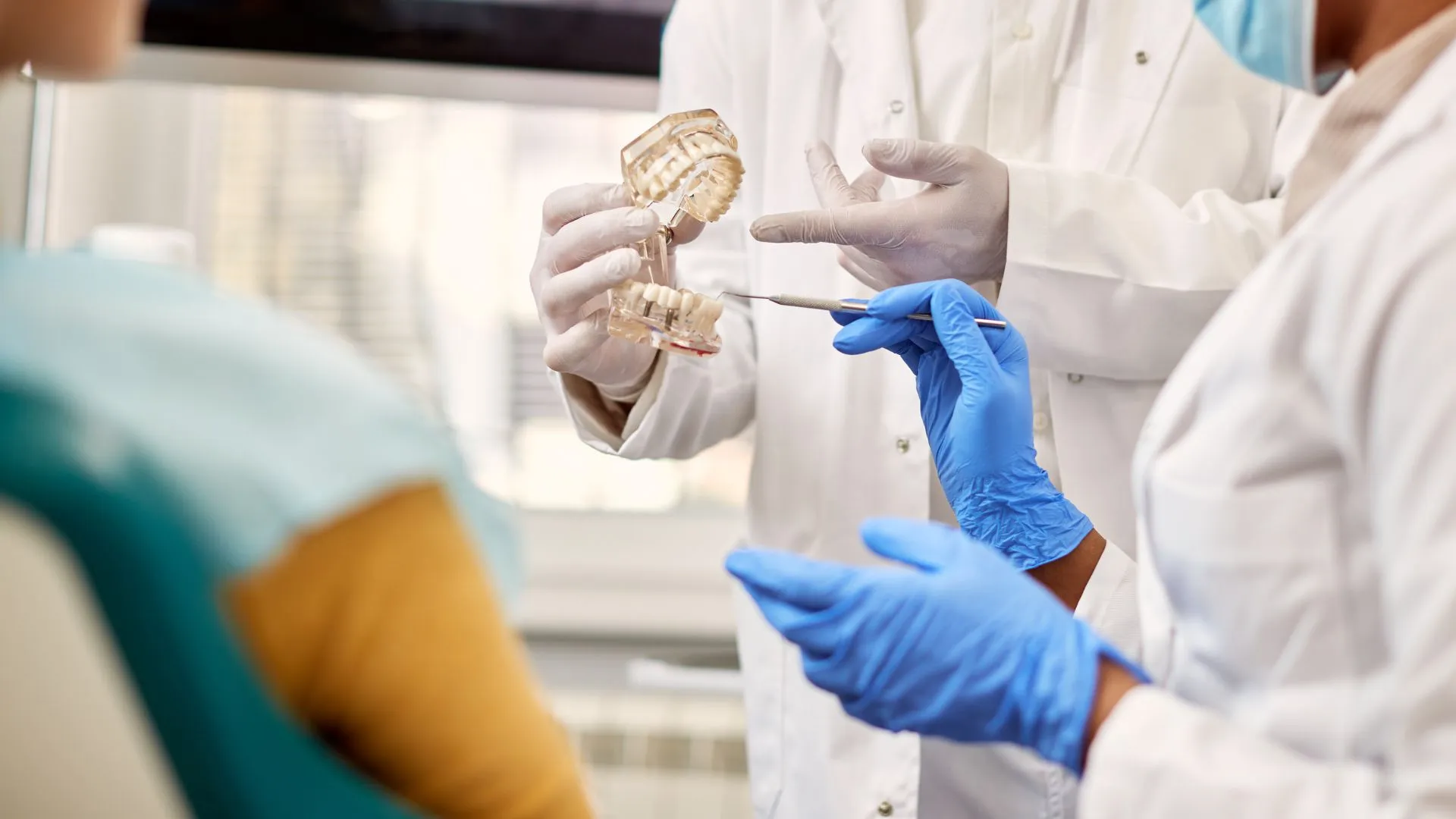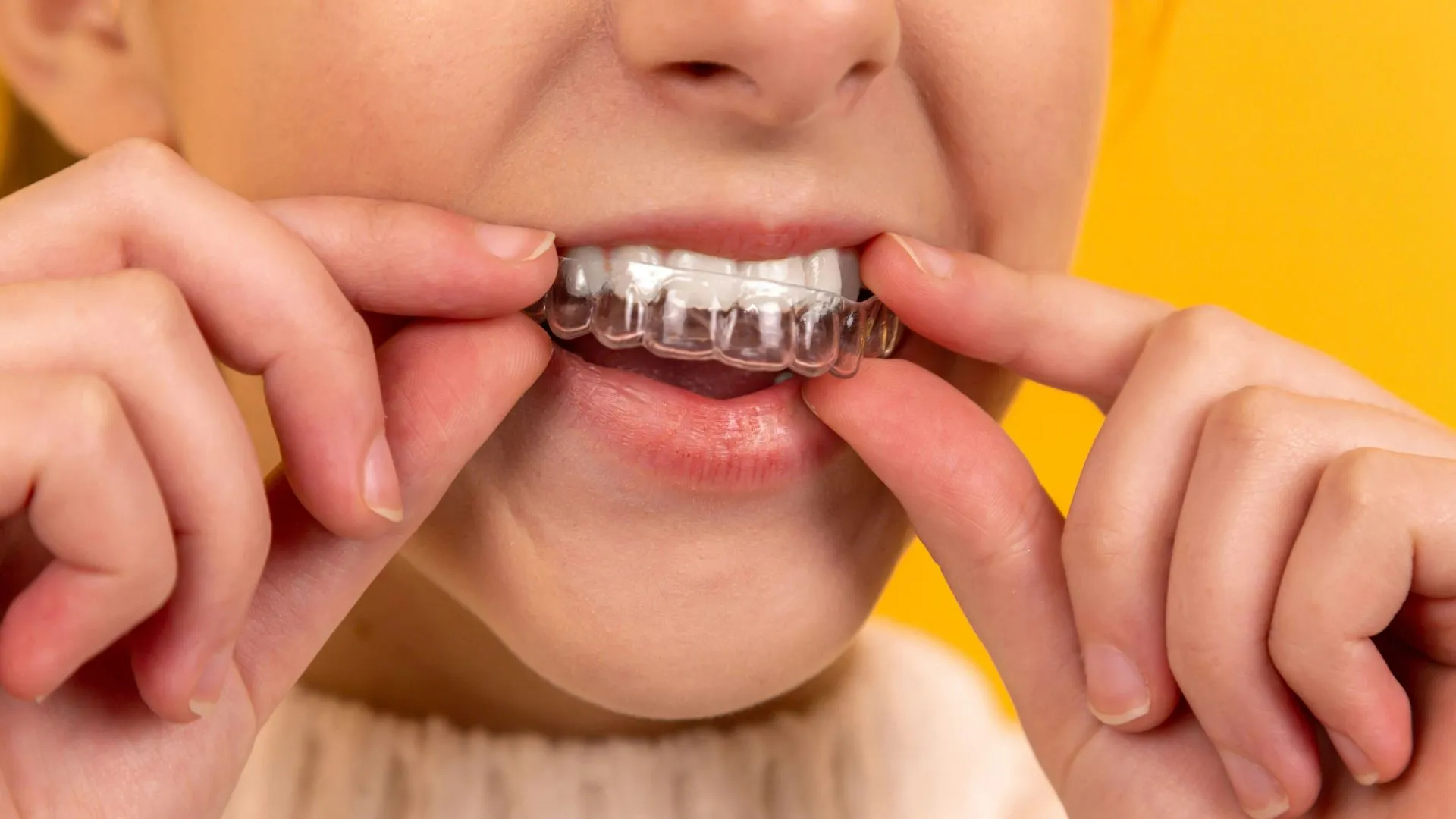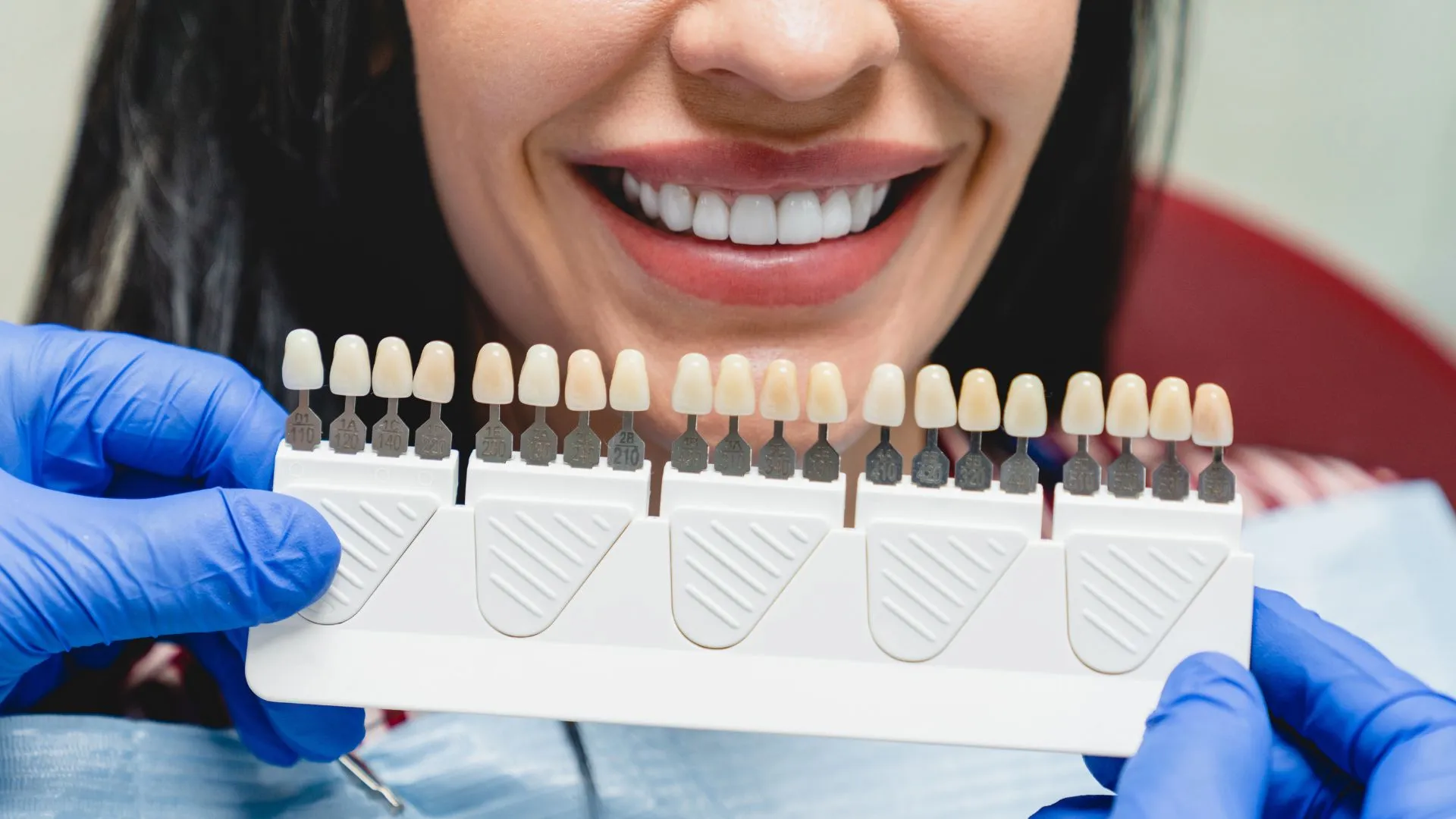Whether you have decided to get dental implant surgery or you are still deciding, it is extremely important to know what effects your operation will have on your health. Although there are major benefits to implant dentistry, there are also some risks…
Whether you have decided to get dental implant surgery or you are still deciding, it is extremely important to know what effects your operation will have on your health. Although there are major benefits to implant dentistry, there are also some risks that are not always common knowledge. Understanding both the perks and negative aspects of getting dental implants can drastically improve your confidence going into surgery while preparing you for the proper treatment that follows after.
Image Dental seeks to clarify these two sides, the good and the bad, of a dental implant operation. After evaluating the information below, you can then make a knowledgeable decision on whether getting a dental implant is right—and safe—for you.

One crucial element to having a successful implant surgery is choosing a qualified dental surgeon with years of experience and technical expertise compatible with your type of surgery. Not picking out the right dental health professional to execute your procedure can definitely influence your results and even cause extra risks.
Smile by Design lists some of those risks here:
6 risks of implants you should understand to avoid telling a dental horror story
Here are six problems you can avoid by choosing an experienced cosmetic dentist:
- Failed implant due to inadequate bone support.
- An improperly placed implants can puncture the sinus cavity.
- Improper placement preventing restorations from being installed.
- Infection around the implant.
- Nerve damage causing facial numbness.
- Choosing an unqualified implant dentist.
Along with these risks that can stem from choosing an unqualified surgeon, there are other risks that come along with any dental implant surgery. Installed dental implants can easily be impacted by a number of variables including current dental health, failure to practice proper aftercare routines, and many other things—some of which are not always in your control. However, despite these risks, there are still ways to increase your chances of a successful implant.
Yolanda Smith, a writer for News Medical, discusses these common risks in her article below.
Dental implant risks
Failure to integrate
Primary implant stability, which refers to the stability of a dental implant directly following the procedure, is a significant factor for the integration of the implant into the bone. Insufficient primary stability can lead to failure of the implant within the initial weeks.
Perforation
During the procedure to place a dental implant in the jaw, some of the nearby anatomic structures are sometimes injured. This includes perforation of the maxillary sinus, inferior border, lingual plate, labial plate, inferior alveolar canal, or gingiva.
Infection
Infection is a considerable complication of dental implantation. Infection can occur in the affected area, presenting as an abscess, fistula, suppuration, inflammation or radiolucency.
Excessive bone loss
Excessive bone loss in the area of the dental implant can reduce the stability of the implant replacement and usually requires intervention.
Implant breakage or fracture
Breakage or fracture of the dental implant abutment screw is a serious complication that cannot be easily fixed.
After understanding all of the potential risks associated with dental implant surgery and making decisions to purposefully reduce those risks, you can then start thinking about the benefits that dental implants offer. The pain that comes along with a typical implant procedure is very moderate compared to the long-term advantages that you will experience.
Advantages and disadvantages of dental implants
- Appearance – The dental implants will give a person the most natural looking replacement for teeth that have been lost. They can match the color of the natural teeth and they do not have the metal hooks that are used to keep dentures in place.
- Damage – When you use dentures or dental bonding, it is possible to not only damage the dentures and the bonded teeth, it is also possible to break, fracture or otherwise damage the surrounding teeth. Dental implants will not damage the neighboring teeth any more than natural teeth would.
- Longevity – Dental implants will last longer than other restorative procedures. There is a 98% success rate for dental implants and even after 10 years in place, there is a 95% success rate for the implants. Dental bonding will last a year or two and dentures start to lose their ability to work properly within 5 years.
- Bite strength – The dental implants will give a person the same bite strength as natural teeth. They will not cause the bone to erode over time. Dentures give a person only half the bite strength of natural teeth and they lose that strength over time.




